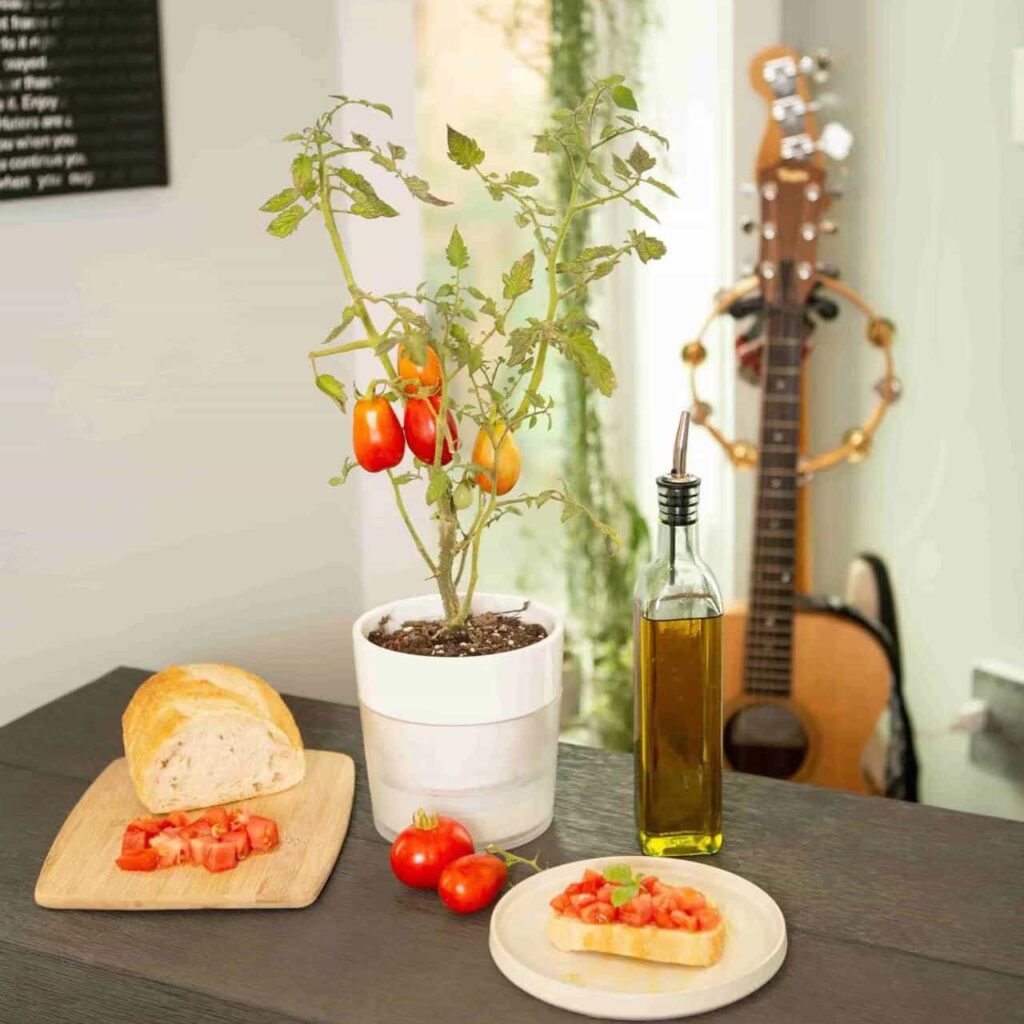Welcome to our latest post where we delve into the fascinating world of olive oil and its packaging. Olive oil has been a staple in kitchens around the globe for centuries, not just for its unique flavor but also for its numerous health benefits. In this blog, we’ll explore why olive oil is so popular, the different types available, its shelf life, best storage practices, and why it’s typically sold in glass bottles.
Q1: Why are more and more people choosing olive oil?
Smilebottles: The surge in olive oil’s popularity is largely due to its health benefits. Rich in monounsaturated fats and antioxidants, olive oil is a heart-healthy choice that also boasts anti-inflammatory properties. Its versatility in cooking and distinct flavor make it a favorite among culinary enthusiasts. Here list of the benefits of olive oil:
Olive oil, particularly extra virgin olive oil, offers numerous health benefits:
○ Heart Health: It’s high in monounsaturated fats, which can help reduce the risk of heart disease.
○ Antioxidants: Olive oil contains antioxidants that combat inflammation and may lower the risk of chronic diseases.
○ Anti-Inflammatory Properties: It has compounds like oleocanthal, which have anti-inflammatory effects.
○ Stroke Prevention: Some studies suggest a link between olive oil consumption and a reduced risk of stroke.
○ Cancer Prevention: The antioxidants in olive oil may reduce oxidative damage due to free radicals, which are believed to be a leading cause of cancer.
○ Type 2 Diabetes: Its healthy fats can improve insulin sensitivity and may help prevent or manage type 2 diabetes.
○ Weight Management: Despite being high in calories, moderate olive oil consumption is not associated with weight gain and obesity.
○ Healthy Digestion: Olive oil can aid in digestive health and may help prevent gallstones.
○ Bone Health: Some studies suggest that olive oil can improve bone mineralization and calcification, leading to better bone strength.

Q2: Are there different types of olive oil?
Smilebottles: Olive oil comes in various forms – extra virgin, virgin, refined, and pure or light. Each type is unique in terms of taste, acidity, and processing, catering to different cooking needs and flavor profiles, here is a brief introduction to the types:
○ Extra Virgin Olive Oil (EVOO): The highest quality, made from pure, cold-pressed olives without heat or chemicals. It’s known for its superior taste and aroma.
○ Virgin Olive Oil: Slightly lower quality than EVOO, still made without chemical processing, but with slightly higher acidity.
○ Refined Olive Oil: Made by refining virgin olive oils that have too high acidity or defects in flavor. The refining process removes these imperfections.
○ Pure or Regular Olive Oil: A blend of refined olive oil and virgin olive oil, it has a lighter flavor and is often more affordable.
○ Olive Pomace Oil: The lowest quality, extracted from the residue left after the first pressing of olives. It’s mixed with virgin oil for flavor and is generally used for high-heat cooking.

Q3: Will olive oil expire?
Smilebottles: Yes, like many natural products, olive oil does expire. Generally, its shelf life ranges from 18 to 24 months. Once opened, it’s recommended to use it within a few months to enjoy its best quality.

Q4: What should I pay attention to when storing olive oil? Where to put it in the kitchen?
Smilebottles: Proper storage is key to maintaining olive oil’s quality. It should be kept in a cool, dark place away from direct sunlight and heat, which can degrade its quality. A pantry away from fluctuating temperatures is ideal. Do not put it on windowsills or under direct artificial lights, do not near the stove, oven, or in a warm pantry.

Q5: Why is olive oil usually sold in glass bottles?
Smilebottles: Olive oil is often housed in glass bottles to protect it from light and air, preventing oxidation. Dark-colored glass is particularly beneficial in preserving the oil’s flavor and quality. Additionally, glass doesn’t interact with the oil, ensuring its purity and taste remain intact.

Understanding these aspects of olive oil can greatly enhance your culinary experience. Whether you’re a seasoned chef or a home cook, knowing the types of olive oil, how to store it, and why its packaging matters can make a significant difference in your cooking. Olive oil isn’t just a kitchen ingredient; it’s a testament to a rich culinary heritage that continues to evolve and fascinate food lovers worldwide. So next time you reach for that bottle of olive oil, remember the journey it’s been on to add that perfect touch to your dishes.
If you’re intrigued by the role of glass packaging in preserving the quality and enhancing the appeal of olive oil, there’s much more to explore. For those eager to delve deeper into the world of glass packaging solutions for olive oil, we invite you to reach out to us. Our expertise in this area can provide you with further insights and options tailored to your needs. Please don’t hesitate to contact us for more information and guidance on glass packaging solutions.










